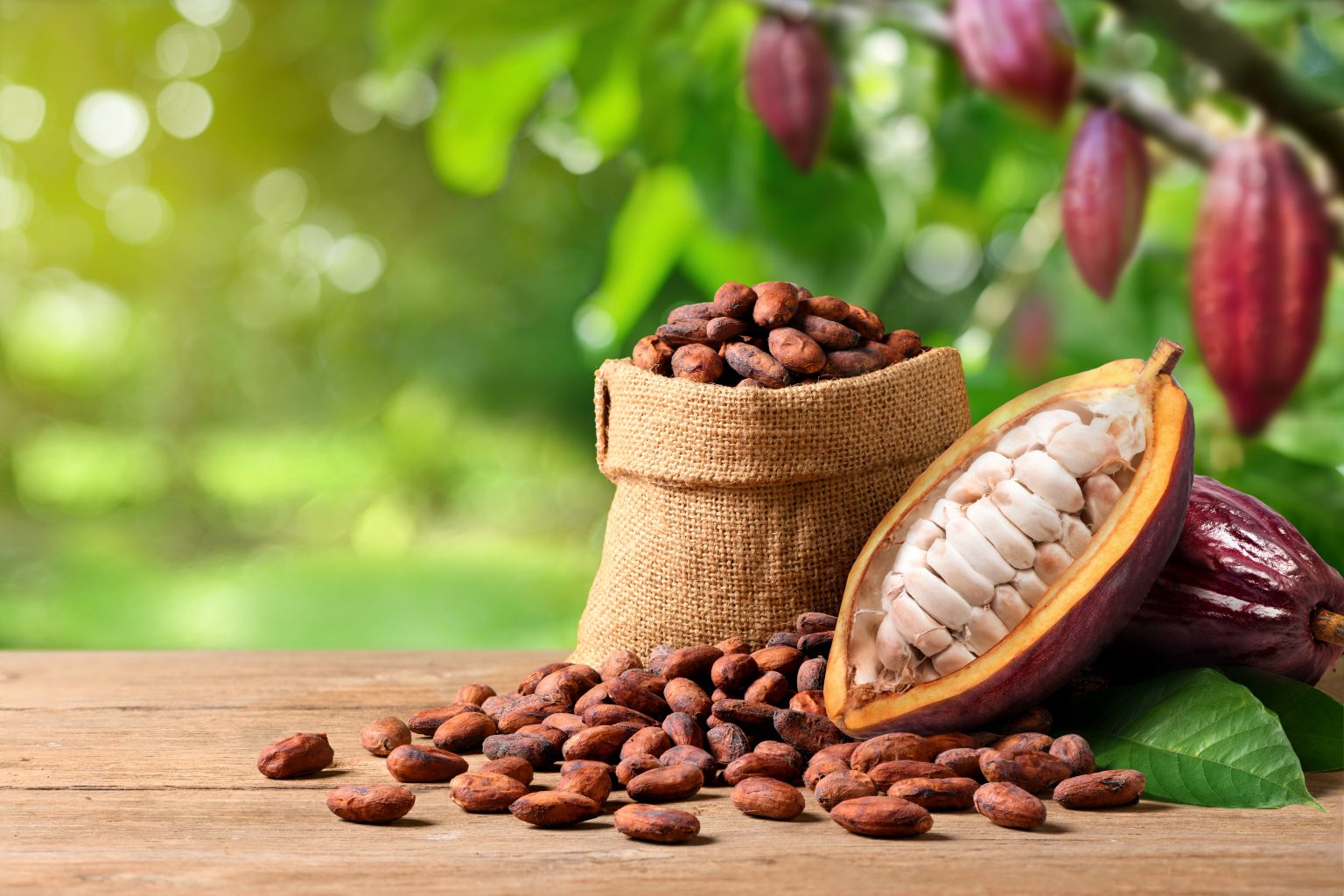During the World Cocoa Conference 2024 in Brussels, Belgium, an investigation revealed that companies sourcing cocoa from Côte d’Ivoire are inadvertently promoting deforestation in neighbouring Liberia.
Bakary Traoré, representing the Initiatives for Community Development and Forest Conservation (IDEF), shared findings from a recent field study. The study criticized the current traceability systems used by these companies, which fail to meet the requirements of the new anti-deforestation regulation published on 9 June 2023, in the Official Journal of the European Union. Researchers are calling for the replacement of these ineffective mechanisms with Côte d’Ivoire’s more reliable and transparent national traceability system.
Traoré outlined the efforts being made: “Work is currently underway in Côte d’Ivoire to set up a national traceability system. Under this system, all plots of land in Côte d’Ivoire will be geolocated, and producers will be registered. A map of producers, including a barcode system, will also indicate what individual farms are able to produce and track their sales. Our investigation shows the importance of speeding up the work begun by the Ivorian authorities.”
He further critiqued the existing models: “Current traceability systems were set up by the chocolate companies and are controlled by them. They are not transparent, and our investigation found them to be flawed. To resolve the problem and comply with new European regulations, traders in raw materials will have to change their approach.”
Global demand for cocoa is on the rise. However, the journey from cocoa bean to chocolate involves numerous intermediaries and often leads to deforestation, particularly evident in cocoa plantations.
In response, the EU enacted the European Union Deforestation Regulation (EUDR) in June 2023, effective from December 2024. This regulation makes it illegal to import and sell cocoa beans sourced from land deforested after 2020, aiming to curb deforestation practices within the cocoa industry that previous industry and certification efforts failed to address.
Despite being the largest cocoa producer globally, with 75% of its output exported to Europe, Côte d’Ivoire’s cocoa industry is notoriously linked to deforestation. As soils degrade, farmers are pushed to clear more forests for new cocoa fields.
The study also highlights that Ivorian cocoa farmers are moving into Liberia, which boasts over half of West Africa’s remaining tropical forests. In three examined Liberian villages, it was reported that “183 producers have settled in recent years, 60 between December 2023 and January 2024 alone”. This influx has accelerated deforestation, and due to inadequate local infrastructure, cocoa beans from Liberia are often mixed with Ivorian beans, complicating efforts to prevent fraudulent sourcing.
Traoré stressed the need for stringent EU enforcement: “The cocoa industry has pledged to end deforestation, but our investigation shows that this is still not happening. EU regulation on deforestation represents a historic opportunity to finally honour the commitment. The best way to achieve it is to implement a national traceability system covering the entire sector, rather than relying on a piecemeal approach by individual companies. We call on traders, certifiers, and the major chocolate companies to join the conversation and commit to a national traceability system in Côte d’Ivoire.”
He also highlighted the disconnect between corporate claims and reality: “Many companies claim to be acting to improve cocoa’s sustainability, but our investigation shows that the reality on the ground is very different from that projected by big PR campaigns targeting European consumers. In fact, the large companies are afraid of losing their edge and their access to cheap cocoa. They’re doing very well from the inefficient system that has been used so far, and which only produces poverty for millions of producers. This cannot go on.”
